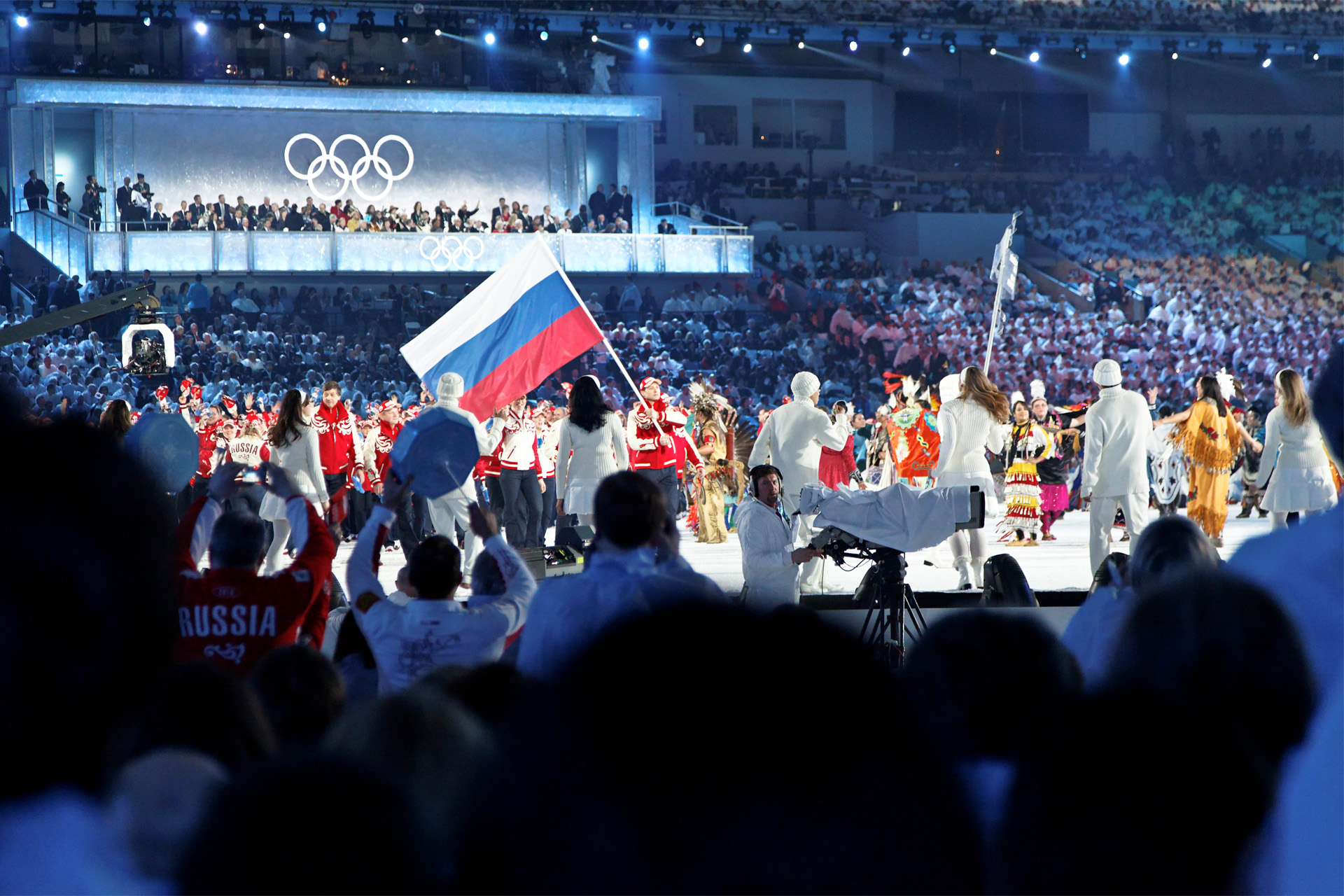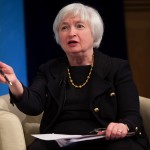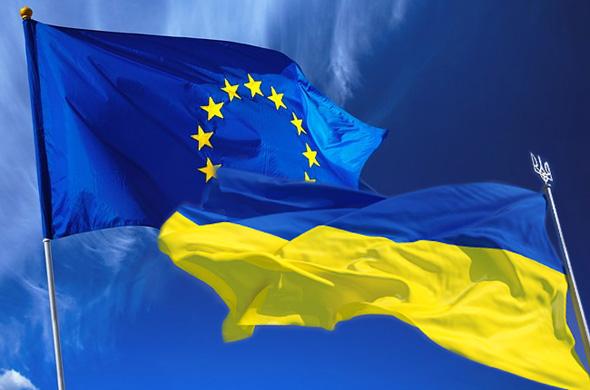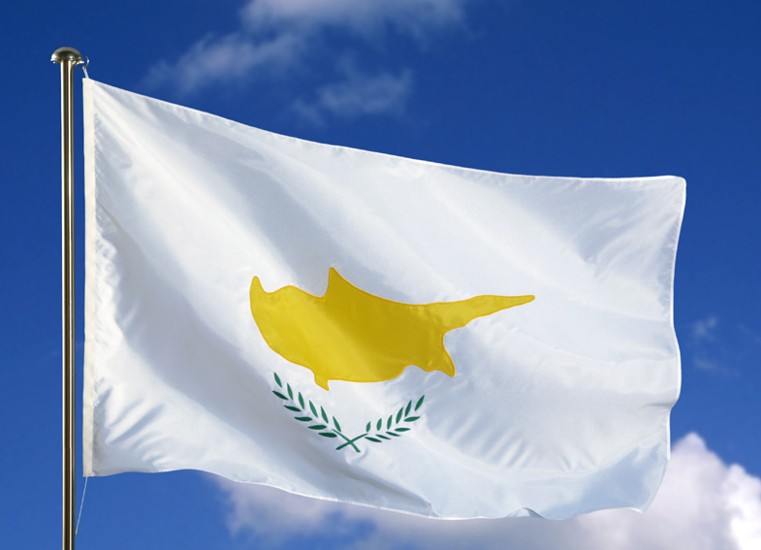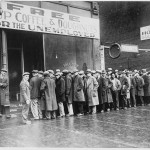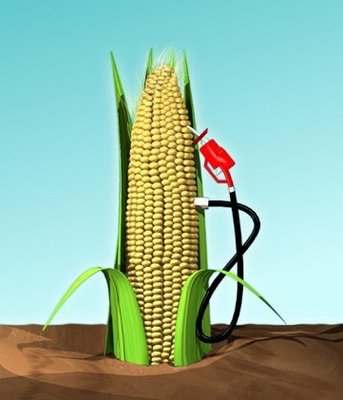Sochi may be expecting to set new Olympic records at the 2014 Games this winter, but it has already set its own record, and it’s all about the money.
It begins with a train. The new road and railway to the mountain resort that will host the Sochi 2014 Winter Olympics, houses a newly opened, glass-fronted train station - the largest in Russia - overseeing 52,000 miles of rail track, the third-largest network in the world. Employing nearly a million people, the 31-mile Adler-to-Krasnaya Polyana project, a route which connects the arenas and Olympic Village along the Black Sea, is certainly ambitious, with a tunnel requiring engineering work so challenging that in 2011 it was named Major Tunnelling Project of the Year at an international awards ceremony.
But it comes at a cost. It is no surprise that the state agency that oversaw the infrastructure project is Russian Railways (RZhD), whose head is Vladimir Yakunin, a close associate of Vladimir Putin. The latter sees the Sochi Games as a key to the economic and geopolitical revival of Russia, holding back nothing when it came to the budget of the Games. But while RZhD’s construction project is something for the company to be proud of - given the region’s difficult and mountainous terrain as well the rushed time frame for finishing construction -Russians are not so proud of its hefty price tag. At $8.7 billion, this train extravaganza eclipses the total cost for preparations for the last Winter Olympics in Vancouver in 2010. And that is just the railway route.
At $51 billion, the Sochi Games are the costliest ever, surpassing the $40 billion spent by China on the 2008 Summer Olympics. How the Sochi Games grew so expensive is a tale of Putin-era Russia…but is this necessity or indulgence? Some argue that only $6 billion of it is directly Olympics-related, with the rest going to infrastructure and regional development which the state would have carried out anyway. That may be true, but it is hard to imagine the Russian government building an $8.7 billion road and railway up to the mountains if there were no Olympic Games.
When in 2007 Russia was bidding to host these 2014 Winter Olympics, the superfluous amounts it was willing to spend were all about pride and winning over the International Olympic Committee. Putin’s pledge to spend $12 billion in Sochi overshadowed the bids of the other finalists from South Korea and Austria. But since then, as costs have increased, Russian officials have grown less eager to boast about the size of the final bill.
Political opposition has claimed that the Russian state spent three times more on the road than NASA did for the delivery and operation of a new generation of Mars rovers! To top that off, an article in Russian Esquire estimated that for the sum the government spent on the road, it could have been paved entirely with a centimetre-thick coating of beluga caviar!
Down the hillside at the train’s final stop, stands a giant banner: “Sochi is preparing for Olympic records!” As it stands, the only record that Sochi is hitting at the moment is that of expenditure.

